PM Modi Unveils Vision for Job Creation, Economic Growth at Post-Budget Webinar

Prime Minister Narendra Modi addressed the Post-Budget Webinar on Employment via video conferencing on Wednesday, outlining the government’s vision for job creation, economic growth, and innovation. Describing this year’s budget as a blueprint for India’s future, he highlighted significant investments in infrastructure, industries, human resources, and technology.
Emphasizing the critical role of investing in people, the Prime Minister underscored the three pillars—education, skill development, and healthcare—that form the foundation for national progress. He noted that India’s education system is undergoing a transformation through key initiatives such as the National Education Policy (NEP), expansion of IITs, and the integration of AI-driven learning tools. Efforts to digitize textbooks and provide study materials in 22 Indian languages were cited as measures to align the education system with global 21st-century standards.
Speaking on skill development, PM Modi revealed that over three crore youth have received training since 2014, with 1,000 ITIs upgraded and five Centers of Excellence established. He called for greater collaboration between industries and academic institutions to ensure that young people receive the training necessary to compete on a global stage.
In the healthcare sector, the Prime Minister announced plans to add 10,000 medical seats this year and target an increase of 75,000 new seats over the next five years. He also highlighted initiatives such as the expansion of telemedicine, the establishment of daycare cancer centers, and the development of digital healthcare infrastructure, emphasizing that these measures would create employment opportunities while ensuring quality healthcare reaches every corner of the country.
Addressing urban development, PM Modi projected that India’s urban population could reach nearly 90 crore by 2047, necessitating planned expansion. He introduced the ₹1 lakh crore Urban Challenge Fund to boost governance, infrastructure, and private investment in urban areas. The Prime Minister stressed that sustainable mobility, digital integration, and climate resilience would be key to making Indian cities globally competitive, urging the real estate and industrial sectors to drive urban growth.
Highlighting the potential of the tourism sector, Modi stated that tourism could contribute up to 10% of GDP and generate millions of jobs. He outlined plans to develop 50 tourist destinations, grant infrastructure status to hotels, and expand initiatives such as Mudra Yojana for homestays, ‘Heal in India,’ and ‘Land of the Buddha’ to attract both domestic and international visitors.
Reaffirming his vision of transforming India into a $5 trillion economy, PM Modi emphasized that strategic investments and collaborative efforts would be crucial in driving the nation’s future growth.






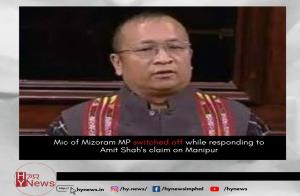
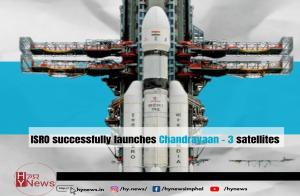
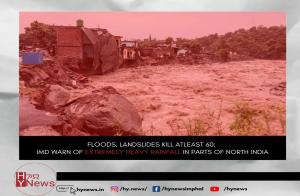
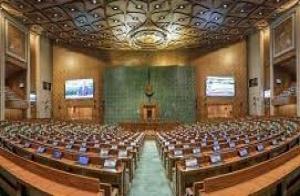

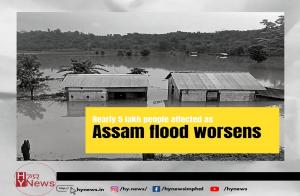
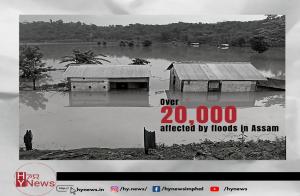
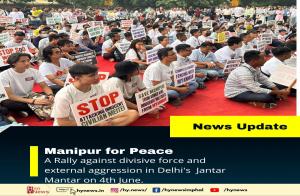
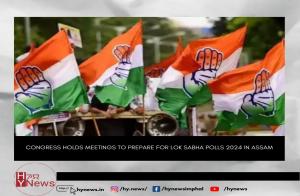
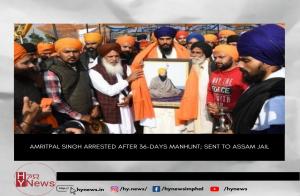
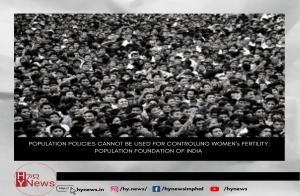

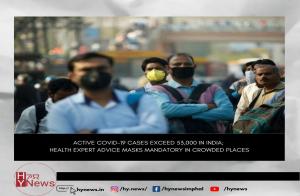
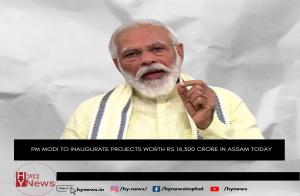
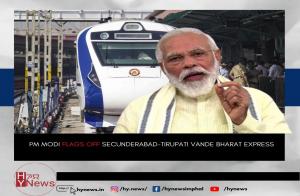
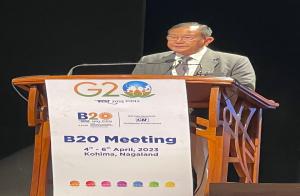
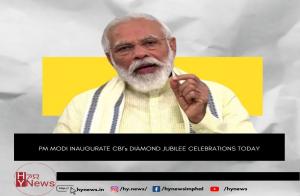
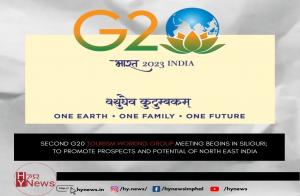
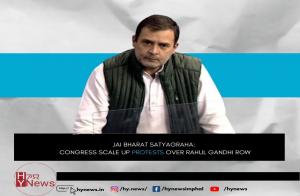
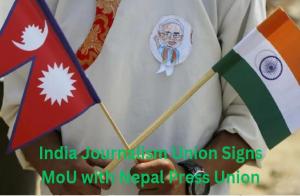
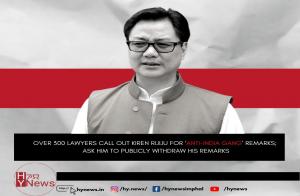
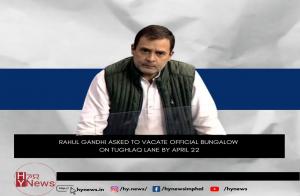
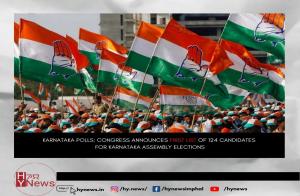
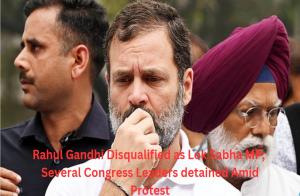
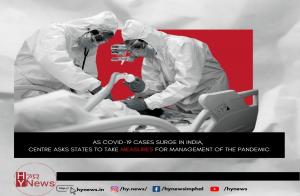





Leave Comments